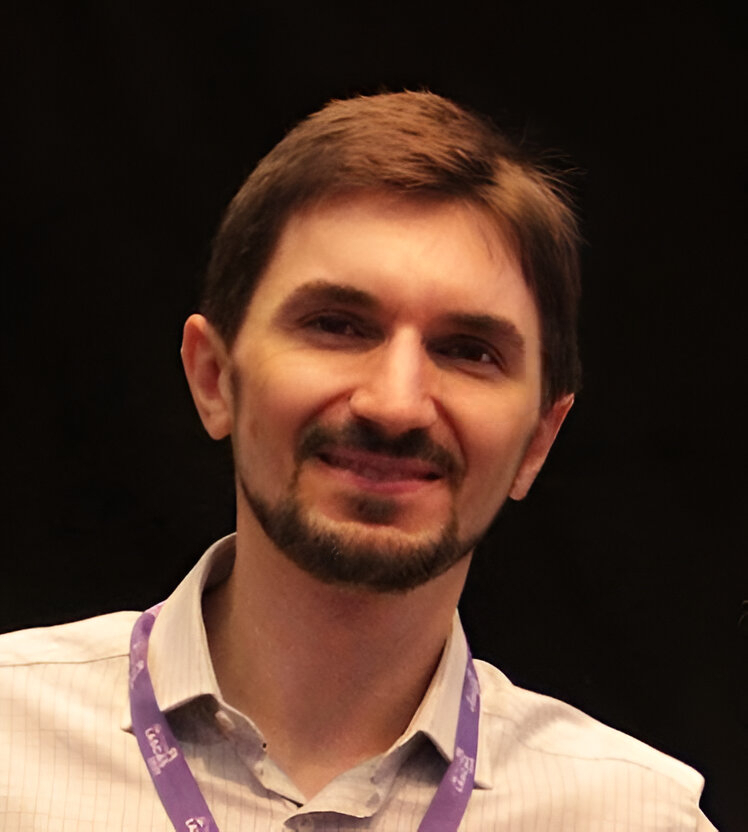IEEE SPS SCV - Energy-Efficient Neural Image and Video Compression
This talk addresses modern approaches to image and video compression through the lens of energy-efficient hardware design. Traditional codecs like JPEG and H.264 are increasingly being challenged by learned compression techniques based on deep neural networks, particularly autoencoders. While these methods offer state-of-the-art performance in rate-distortion trade-offs, their deployment in real-world systems depends critically on efficient circuit and architectural design. We will explore the structure and training of neural compression models, including variational autoencoders and entropy bottlenecks, followed by the challenges of implementing these models in energy- and area-constrained environments such as mobile devices, cameras, and edge computing systems.
Date and Time
Location
Hosts
Registration
-
 Add Event to Calendar
Add Event to Calendar
Loading virtual attendance info...
Speakers
Mateus Grellert
Energy-Efficient Neural Image and Video Compression
This talk addresses modern approaches to image and video compression through the lens of energy-efficient hardware design. Traditional codecs like JPEG and H.264 are increasingly being challenged by learned compression techniques based on deep neural networks, particularly autoencoders. While these methods offer state-of-the-art performance in rate-distortion trade-offs, their deployment in real-world systems depends critically on efficient circuit and architectural design. We will explore the structure and training of neural compression models, including variational autoencoders and entropy bottlenecks, followed by the challenges of implementing these models in energy- and area-constrained environments such as mobile devices, cameras, and edge computing systems.
Biography:
Prof. Mateus Grellert received the M.Sc. degree in Computer Science from the Federal University of Rio Grande do Sul (UFRGS), Brazil, in 2014, and the Ph.D. degree at the same University in 2018. He is an Assistant Professor at the Federal University of Rio Grande do Sul, Brazil, and part of the Microelectronics Group (GME) of the same University. He has been doing research in circuits and systems solutions for more than 10 years. He has over 100 published works including topics like complexity-aware machine learning and image processing, hardware design for machine learning and video processing, approximate computing, memory-aware and energy-aware design, and efficient video-coding systems. His current research interests involve efficient algorithms and architectures for machine learning, as well as efficient architectures for video and image compression in constrained, embedded applications. Prof. Grellert is also the chair of the IEEE Circuits and Systems Society Rio Grande do Sul Chapter (CASS-RS), member of the board of counselors of the Brazilian Microelectronics Society (SBMICRO), member of the SBC Special Committee on Integrated Circuit Design (CECCI), and a member of the Brazilian Committee on Audio, Image, Multimedia and Hypermedia Coding.
Email:
Address:Federal University of Rio Grande do Sul Porto Alegre, , Farroupilha, Brazil


